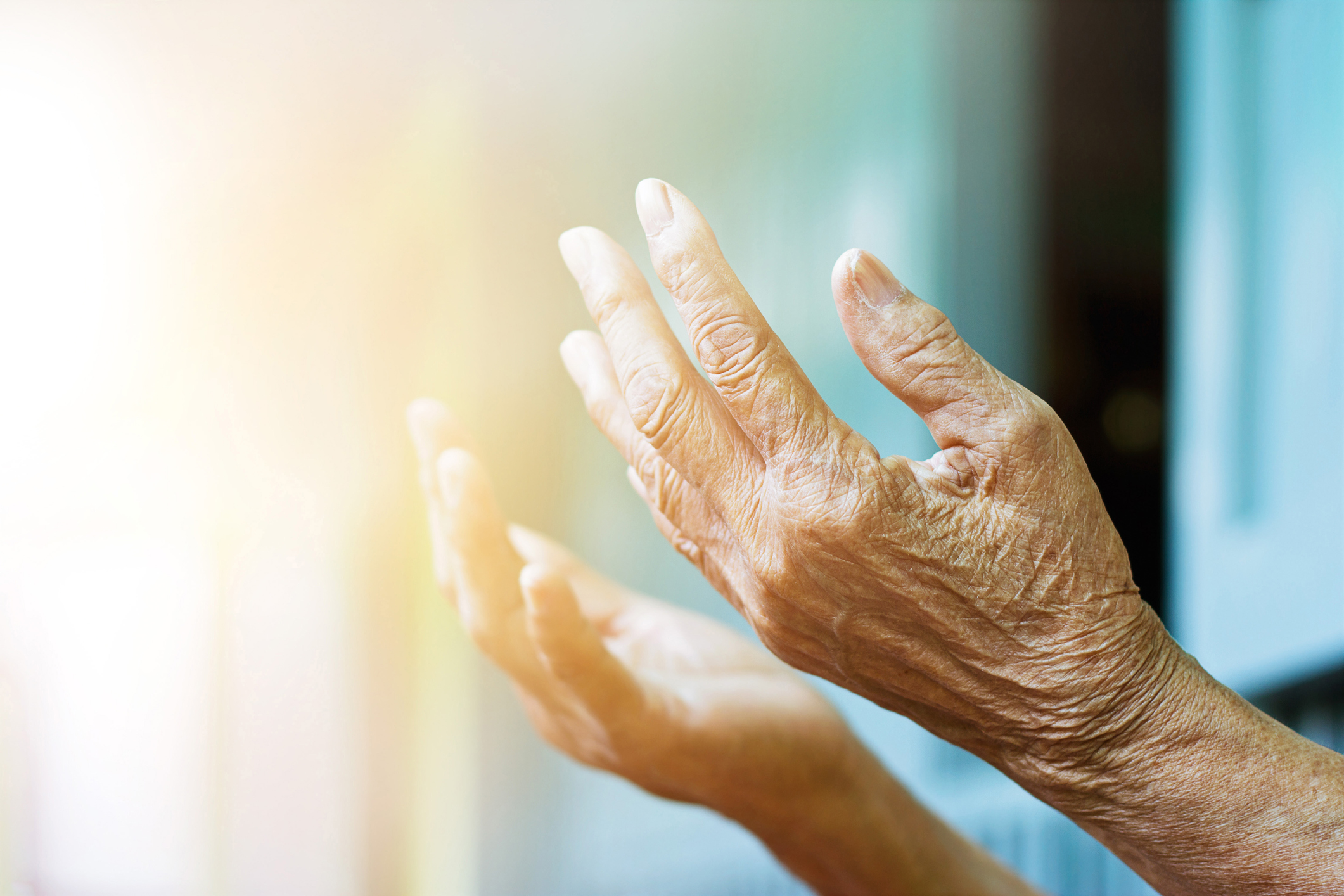With fewer hours of sunlight and cold and snow keeping older adults indoors more, many seniors are at a higher risk for a vitamin D deficiency in the winter months. In addition to spending limited time outdoors, as the skin ages it can become less able to synthesize vitamin D from sunlight. And without adequate vitamin D, muscle function can be impaired and bone density diminished, leading to an increased risk for falls and fractures.
According to the Cleveland Clinic Health Library, vitamin D helps the body build bones and absorb calcium; adequate vitamin D helps protect against heart disease, high blood pressure, diabetes and some types of cancer. It also helps boost the body’s immune system. In regions where the sun’s rays are not as powerful and because vitamin D isn’t naturally occurring in many foods, supplementation may be recommended by your doctor.
The American Geriatric Society recommends that older adults take at least 1,000 IU (international units) of vitamin D daily to lower their risk of fractures. Adults over the age of 65 can safely get up to 4,000 IU per day from all sources including sunlight, fortified foods, foods and supplements. Foods that are naturally rich in vitamin D include milk, yogurt and fatty fish such as salmon, swordfish and mackerel.
Recent studies have found that high doses of calcium, necessary for building bone, can increase the risk of older women developing kidney stones and heart disease. The World Health Organization recommends getting 500 mg of calcium per day; most of which can be met by eating low-fat dairy, seafood and dark green vegetables like kale, broccoli or collard greens.
In addition to getting a nutritious, balanced diet, older adults can help protect their bone health by staying active with regular weight-bearing activity and strength training. Postmenopausal women are at increased risk for osteoporosis when dropping estrogen levels can weaken bones. Smoking, excessive alcohol use, a small body frame and some medications, especially steroids like prednisone, can also contribute to an increased risk for osteoporosis.
As the season for slip and fall accidents that can lead to injury approaches, it more important than ever to protect bone health. Wearing hip protectors can shore up the confidence to be active outside. Remember to always talk with your doctor before starting or stopping any medication or supplement.






Add Your Voice
0 Comments
Join the Discussion